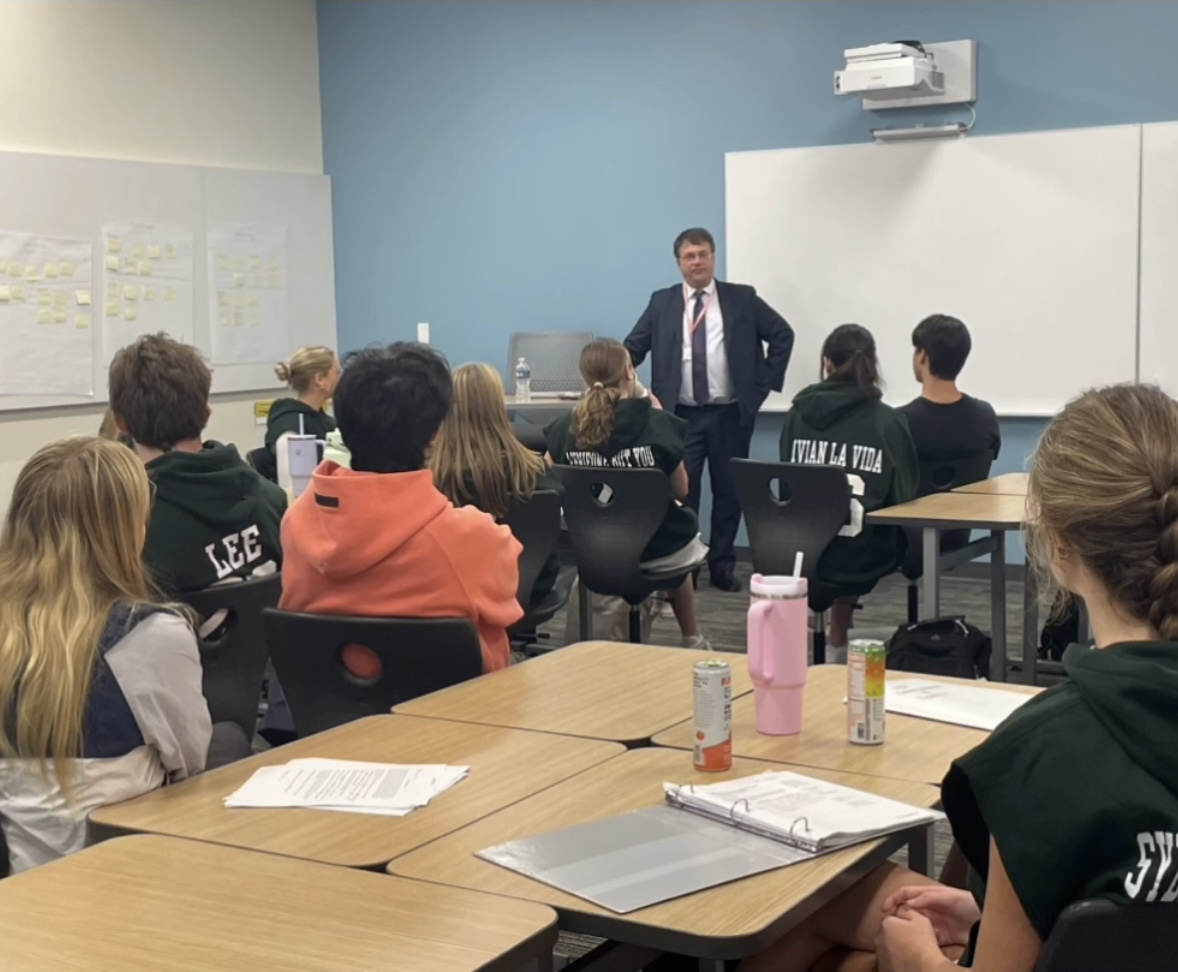Growing up in the shadow of 9/11
There are very few New Trier students who were alive during the attacks of 9/11, 2001.
Last Wednesday, on the 18th anniversary of the tragedy, I watched that realization fall upon teacher after teacher, some of whom must’ve noticed the disparity of personal experience among teachers and students. Solemn gaps in discussion were filled with teachers recalling watching the tallest towers in New York City fall, and for me, it felt like all we students could do was nod.
Each person has his or her own personal interaction with 9/11, but to many students, it’s just a tragic event in history, one of the last documented in our textbooks.
In an internet-saturated environment we simply cannot internalize the confusion of the time, the inability to know the scope of the attack and who was behind it, without having lived through it ourselves.
The most difficult to comprehend, for me at least, was the sense of unity and purpose in America following the terrorist attack.
My mom and dad talk about it all the time – 9/12, a day where we clawed back and became one country fighting against an evil, a day that drummed enough of a beat for us to run into war in Afghanistan.
I feel so far removed from such a world.
18 years following the 9/11 attack, America faces a new form of terrorism – domestic terrorism. On Aug. 3, a terrorist who, according to the New York Times, wrote that he feared a “Hispanic invasion of Texas” was replacing white Americans opened fire in a Walmart in El Paso. In April, another terrorist opened fire at a synagogue in Poway, California, in the deadliest attack on the Jewish community in the United States. There is a resurgence of white nationalist terrorism in America but it does not receive the response of 9/11, but a flurry of “thoughts and prayers.”
In response to the shooting of a gay nightclub in Orlando, the current Administration blamed it on “a dysfunctional immigration system.” When there was violence in a clash between white supremacists and counter-protesters in Charlottesville, President Trump himself proclaimed that there were “fine people” on both sides of that deadly event.
White supremacy is violent ideology that has manifested itself in a new and dangerous form — anonymous online forums. Websites like 8chan and 4chan have become cesspools for white nationalist activity. In the wake of the synagogue shooting an anonymous user posted a picture on “Target Selection,” providing a blueprint for how to kill more bodies in a mass shooting, according to the New York Times.
Yet, there is barely any law enforcement effort to contain and manage these communities. Granted, the users are anonymous, making it endlessly more difficult to track down.
Tech companies seem unwilling to treat white nationalist terror online like they dealt with the spread of radical Islamic groups. According to the Washington Post, companies like Twitter and Facebook removed tens of thousands of pieces of ISIS and Al-Qaeda propaganda from their sites.
This is the reality that the children of 9/11 live in, and this is the reality that we must work to overcome. The U.S. spent billions overseas on public diplomacy to safeguard American lives and we must undertake a similar effort at home; we need a concerted effort to reach into hate-filled environments and diffuse extremist narratives.
This effort can and must begin with us. If you hear your friends using a slur or talking about a community of individuals in a hateful way, stop them, correct them. If you are worried about someone who seems to be in a position to hurt others or themselves, talk to an adult. If you want to bring to light an issue with the community, post about it online; be vocal, be loud. Do not use your age as an excuse to be indifferent. Use it as a platform to cut hate off at its roots.
The post – 9/11 generation has inherited a structural environment seething with hostility, and we must be the ones to dismantle it.






































